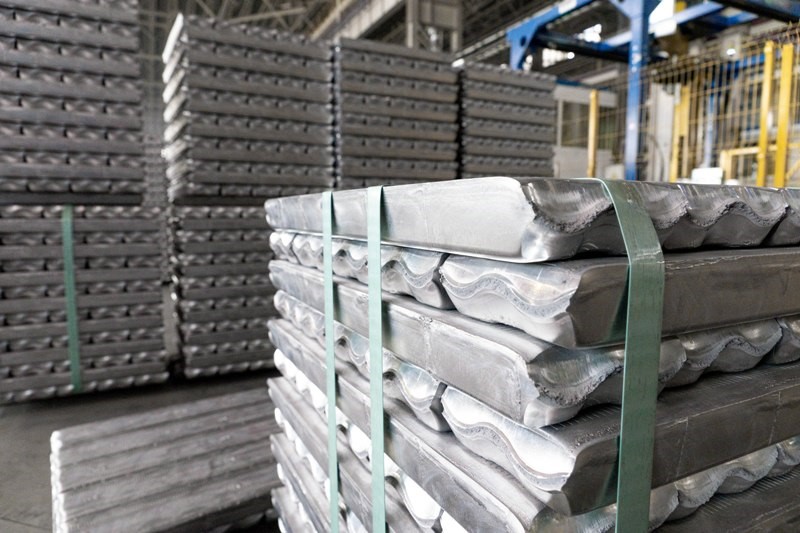

The Russian aluminium giant Rusal is expanding its presence in the Japanese market by introducing its "PEFA" aluminium alloy ingots. The resulting alloy, called PEFA (Primary Equivalent Foundry Alloys), contains 20 per cent aluminium scrap added to the aluminium melt during production. One significant benefit of these ingots is their compatibility with the widely accepted standard A356.2, a versatile aluminium alloy ingot. This strategic move aligns with the growing demand for environmentally friendly raw materials as part of initiatives to achieve carbon neutrality. Ayumu Murakami, Rusal's Japan President, confirmed that discussions with several domestic users are already underway.

The demand for PEFA is increasing, especially in the environmentally aware European market, which significantly emphasises achieving carbon neutrality. The introduction of PEFA in producing aluminium alloys for the automotive industry reduced the carbon footprint of new products by almost 20 per cent.
Rusal is strongly dedicated to sustainable and eco-friendly practices, exemplified by their utilization of hydroelectric power in the aluminium smelting process and the introduction of the "ALLOW" green aluminium brand. This brand is remarkable for its remarkably low emissions of under 4 tonnes of CO2 per tonne of aluminium ingots for scopes 1 and 2 and under 8 tonnes for the full scope.
Even though the conventional CO2 emissions for scopes 1 and 2 stands at approximately 12 tonnes, a level already below that of Rusal's products, the company is actively pursuing further reductions in CO2 emissions to better serve the European market's sustainability demands.
Murakami highlighted the benefits of using scrap materials, "It creates a favourable impression with users and actively supports decarbonisation efforts. In a full-scope analysis, we have successfully lowered CO2 emissions from new ingots containing 20 per cent aluminium scrap to just 4.6 tonnes. Beyond its application as A356.2, we have the flexibility to tailor specifications to meet individual customer needs by adjusting the mix of ingredients."
Customer trials have started this year, and comprehensive testing is currently in progress to achieve a fully operational mass production system by the end of 2024. The production will be done at the Krasnoyarsk smelter in southern Russia, where scrap melting equipment is readily available. However, the system will only be considered fully established once a reliable supply of scrap materials is secured.
Furthermore, alongside introducing "PEFA," Rusal is also launching "ALLOW INERTA" as an environmentally friendly product targeting Japanese consumers.
This smelting method employs an inert anode and produces oxygen without direct emissions of greenhouse gases. Trials have been conducted in the UK for Budweiser's aluminium cans. President Murakami mentioned, "Japanese users have shown interest, and although mass production is a future endeavour that will require some time, we aspire to explore PEFA, ALLOW, INERTA together with our users."
Received under the content exchange agreement with SteelMint



Responses






